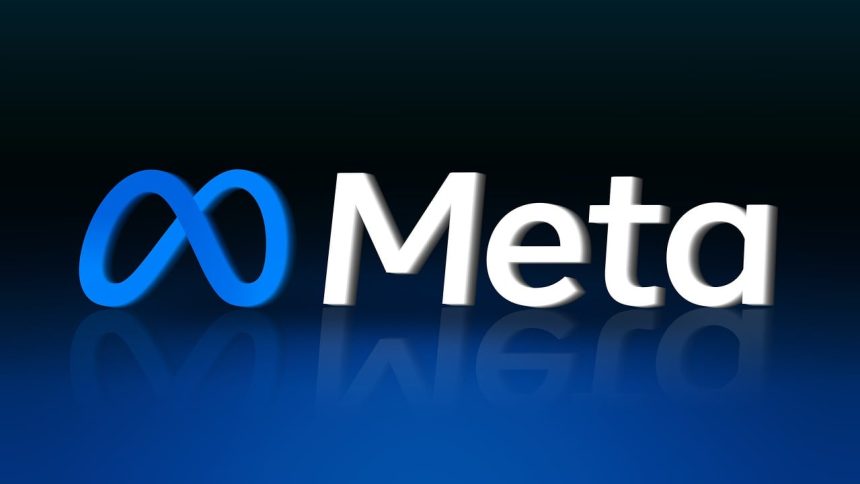Meta Dives Headfirst into AI Frenzy While Reality Labs Keeps Burning Cash
Meta has a fresh obsession — and it’s got a multi-billion-pound price tag.
The tech giant, already notorious for pouring money into its flailing Reality Labs division, is now going all-in on artificial intelligence. And it’s doing it in classic Meta fashion — by throwing eye-watering sums at the industry’s top talent and most hyped startups.
Reports suggest that a former Apple AI engineer was offered a staggering $200 million to join Meta’s “superintelligence” team. And that’s just the tip of the spending iceberg. Meta also pumped $14.3 billion into Scale AI, buying a 49% stake, all in a bid to secure top-tier AI expertise.
Meanwhile, Sam Altman, CEO of OpenAI, revealed that Meta is dangling $100 million bonuses in front of OpenAI staff in an aggressive recruitment campaign.
All of this is unfolding as Meta ramps up its capital expenditures to eye-watering levels. The company now expects to hit the upper end of its $72 billion capex forecast, more than double what it spent just a few years ago.
Despite this spending spree, the strategy remains murky. Meta continues to embrace open-source AI models — a move celebrated by developers, but not necessarily shareholders. Some of these models reportedly cost nearly $100 million to train, and collectively required almost $1 billion in infrastructure costs.
And it’s beginning to show. In Q1 2025, research and development spending crept up from 27% to 29% of revenue, eroding free cash flow and raising questions about long-term profitability.
Not all is doom and gloom. There are some bright spots — like Meta’s acquisition of Play AI, a startup specialising in lifelike voice-generation tech.
Given Meta’s ownership of some of the world’s biggest chat and messaging platforms, AI could offer new ways to drive user engagement and deliver highly-targeted ads — especially important after Apple’s privacy changes cost Meta more than $10 billion in lost ad revenue.
These smaller, more focused AI initiatives could yield real returns. But Meta’s big bets — such as AGI development and broad-scale training — remain high-risk and capital-intensive.
While Meta chases its AI ambitions, it hasn’t stopped the haemorrhaging from Reality Labs. The division has racked up over $60 billion in losses over the past five years. Revenue? A measly $2 billion annually.
In fact, Reality Labs would need to grow revenue by nearly 20x to break even — a distant dream, at best. Despite repeated investor pressure to slash spending, Mark Zuckerberg remains steadfast. With his controlling share structure, he doesn’t have to listen.
The recent 3% stake in EssilorLuxottica — the eyewear titan behind Ray-Bans — looks more like a defensive play than a growth strategy. Meta’s smart glasses still haven’t taken off in any meaningful way.
As one analyst bluntly put it: “Reality Labs is a blackhole of spending, with mounting losses and no indication that the division will ever earn the returns to justify those investments.”
That sentiment is becoming harder to ignore. Meta’s core business — advertising — is still strong. Double-digit year-on-year growth, massive global reach, and a P/E ratio around 25x suggest a company on stable footing.
But that strength is being diluted. As Meta ploughs billions into speculative projects with unproven ROI, the bottom line is under threat.
Analysts are now shifting their stance — from “Buy” to “Sell.”
At a near $2 trillion valuation, Meta is skating on thin ice. The growth may no longer justify the premium — not when reality (and Reality Labs) is eating into future gains.
Meta has the resources. And the ambition. But is that enough?
With Zuckerberg’s unchecked spending on high-risk ventures like Reality Labs and now ultra-expensive AI pursuits, the company risks losing the plot.
Unless one of these bets delivers a game-changing breakthrough, investors may find themselves wondering — where’s the payoff?






